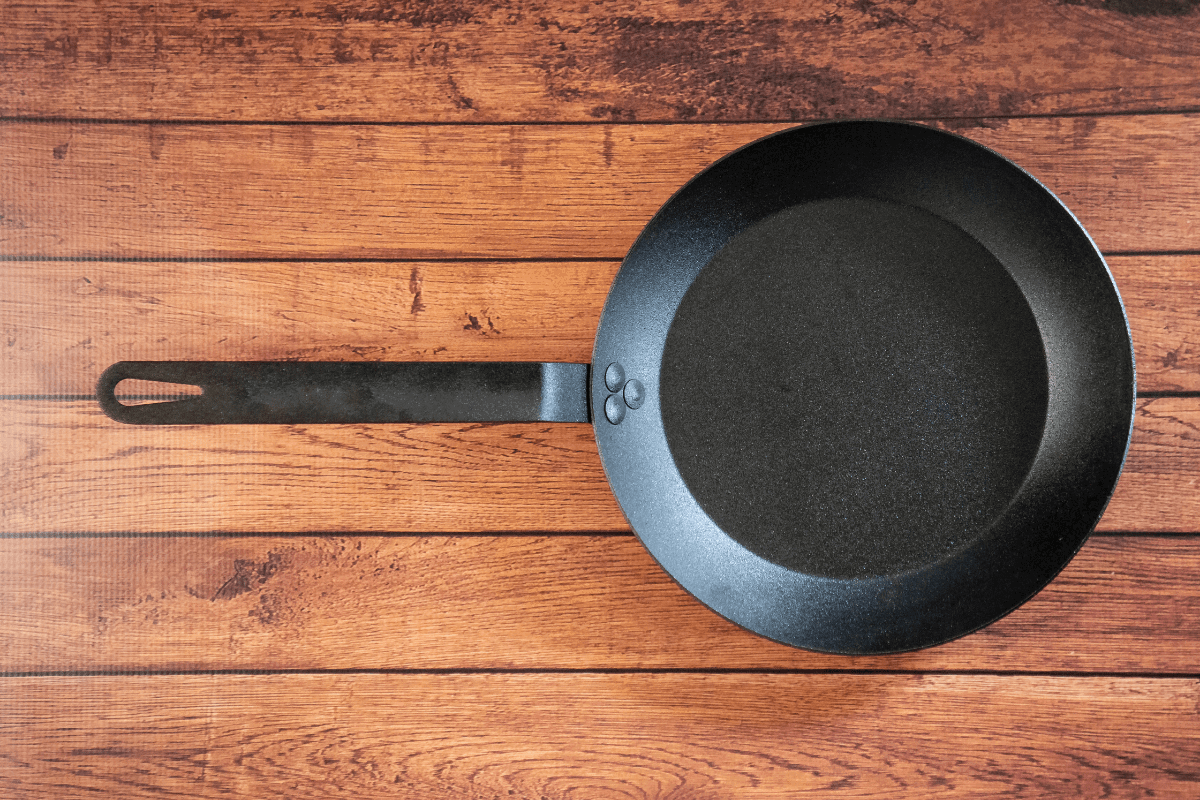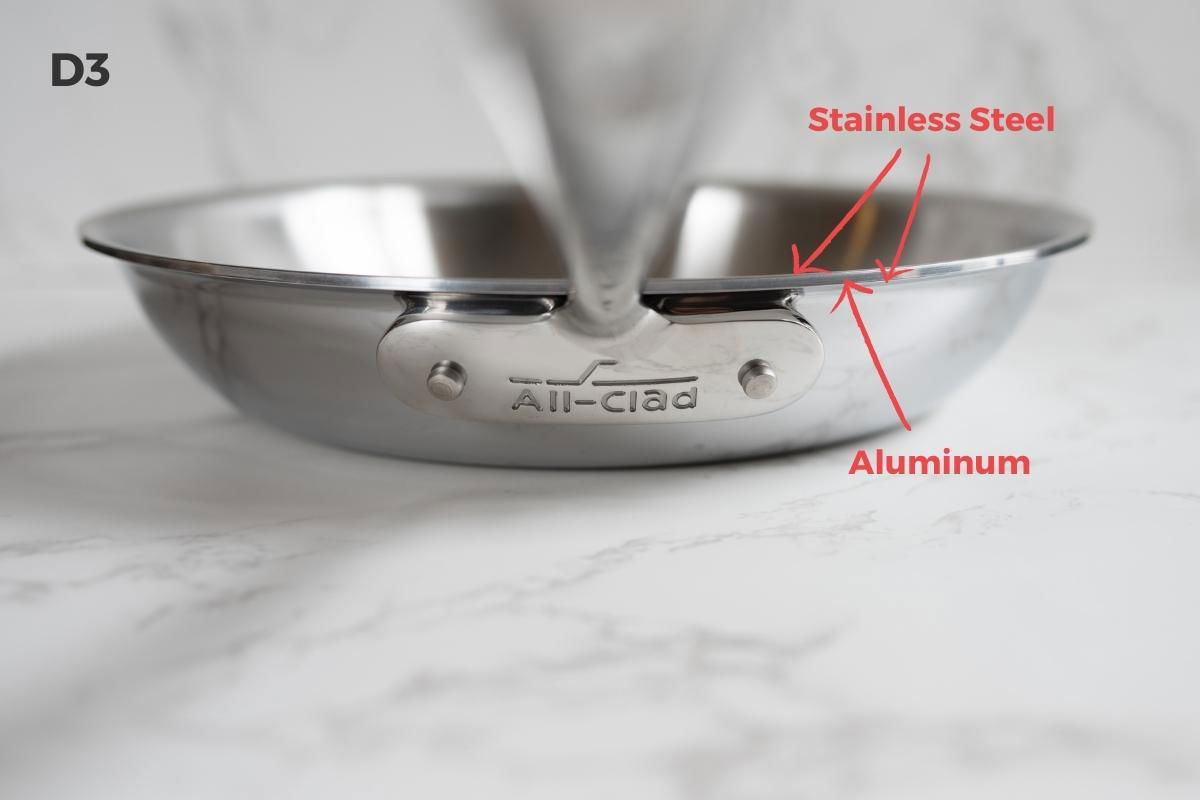I grew up in a home where we left our butter in the refrigerator. It seemed natural enough, so I never questioned it. Then my wife came along. She did things…differently.
The butter was always out.
Given that I once lost my high school spring break to spoiled milk, I was skeptical. Is it safe to leave your butter sitting out?
To settle the score, I decided to consult the experts.
Chad Galer is the VP of Product Innovation and Food Safety at Dairy Management Inc, an organization funded by American dairy farmers. He grew up on a dairy farm and studied microbiology, so he’s well-versed in all things dairy.
I also received some great advice from Venae Watts, who runs America’s oldest family-owned creamery, Minerva Dairy. And Kam Talebi, the restaurateur behind several Minneapolis area eateries like The Butcher’s Tale.
Here’s what I learned.
In This Article
Bacteria
It turns out that the dangers of leaving butter out on the counter are less severe than I’d imagined. Still, there are a few major drawbacks worth understanding.
“Butter is nearly all fat, plus a little water. Both of these things are okay at room temp.” said Talebi. “There are none of the sugars or proteins present that are in milk. Bacteria eat sugars and protein, and that’s what turns the milk sour.”
The USDA stipulates that butter sold in the US must be pasteurized, which kills any bacteria before it’s brought to store shelves. But it is still possible that it can get contaminated on your countertop.
Galer added that “Butter can be contaminated by poor handling practices and should always be handled with clean hands, utensils, and countertops.”
Pointing the finger at myself – I suppose this might apply to using a sugary jelly knife to scoop butter out of the dish. Maybe not a great practice! Noted.
Rancidity
The more common problem with butter left out is rancidity.
This happens when the fats in the butter oxidize, which is most noticeable because of the accompanying odors and flavor. In plain language, rancid butter tastes disgusting.
According to Galer, “Undesired flavors can develop in as little as 1 to 2 days, so it is best to only take out what can be used in 24 to 48 hours to enjoy butter with optimum flavor.”
He went on to explain that temperature plays a critical role in how fast butter turns. If the temperature on your countertop rises to “80 Fahrenheit and above, butter can become rancid even faster and will be hard to use before off flavors develop.”
Talebi adds that it’s best to trust your senses. “If it is discolored or smells funny, toss it.”
Portion Control
There are some undeniable benefits to leaving butter out. It’s soft and easier to work with, for one. Given the upside, it seems critical to have a strategy for how much to leave out at a time.
I asked Venae Watts what recommendations she gives her customers at Minerva Dairy.
“We recommend eating our butter at room temperature to fully appreciate the complex flavors and make it easier to spread,” she said. “Keep a portion of your butter in a butter dish on the counter or on the dinner table while the rest remains in the refrigerator. Then, as you use the butter at room temperature, replace it with the portion that’s refrigerated.”
Simple enough.
Long-Term Storage
Although it’s only good for a few days on the counter, it turns out that butter will actually last up to 24 months in the freezer. And 1-3 months in the refrigerator.
If you do plan on freezing some butter, just be sure to use it quickly once it thaws. According to Galer, you’ve only got a 30 days window to enjoy optimum flavor after thawing frozen butter.
Another factor to beware of is freezer burn, which will happen if you don’t seal it tightly. For protection against freezer burn, Watts recommends double bagging it. “Place the original packaging in a resealable plastic bag for additional protection.”
The Bottom Line
I’ll let you draw your own conclusions from what the experts shared.
For my kitchen, I think we’ll change the way we operate slightly. Butter will go out in smaller portions, so we can finish it before it turns. And we’ll be more persistent to avoid cross-food contamination, seal the container tightly, and thoroughly clean the dish on a more regular basis.
Do you leave your butter out? Let us know what you think @kitchenambition and suggest any other topics you’d like us to cover to elevate your ingredient intelligence.







